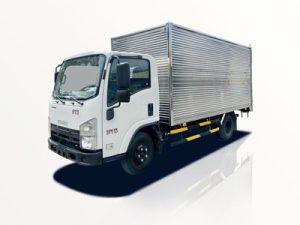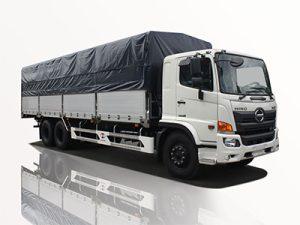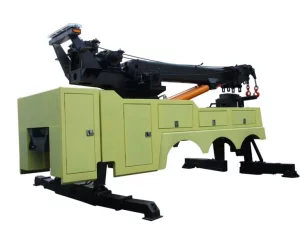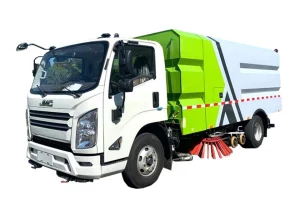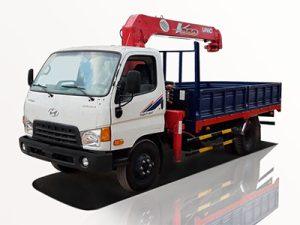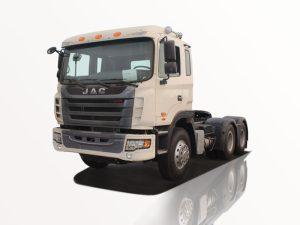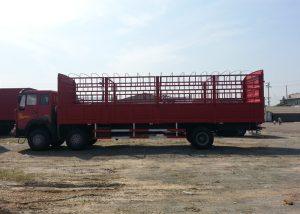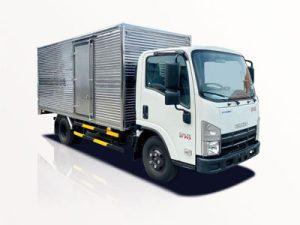Monday to Saturday - 8:00 -17:30
Cold Truck for Sale: Your Comprehensive Guide to Purchase and Use
When it comes to transporting temperature-sensitive goods, having the right vehicle is essential. A cold truck, commonly referred to as a refrigerated truck or reefer, is designed to maintain specific temperature levels to ensure that perishable goods arrive at their destination safely. If you’re in the market for a cold truck for sale, this guide will walk you through everything you need to know, from choosing the right model to understanding maintenance and legal requirements.
What is a Cold Truck?
A cold truck is a specially designed vehicle equipped with cooling units that allow it to transport perishable goods such as food, pharmaceuticals, and other temperature-sensitive items. These trucks help maintain a controlled environment to prevent spoilage and ensure product quality during transit.
Types of Cold Trucks
There are several types of cold trucks available in the market, each serving specific purposes:
- Box Trucks: Ideal for local deliveries and small loads.
- Trailer Trucks: Best for long-haul transportation and larger quantities.
- Van Trucks: Useful for delivering goods to urban areas with strict regulations.
Why Invest in a Cold Truck?
Investing in a cold truck can significantly enhance your business operations, especially if you deal with perishable goods. Here are some of the key benefits:
- Preservation of Goods: Maintain the quality and freshness of your products.
- Regulatory Compliance: Meet health and safety regulations enforced by authorities.
- Competitive Advantage: Offer reliable services that outpace competitors.
Key Features to Look for When Buying a Cold Truck
When searching for a cold truck for sale, consider the following essential features:
- Cooling Technology: Ensure that the truck is equipped with advanced cooling technology for optimal temperature control.
- Capacity: Evaluate your storage needs and choose a truck that fits your inventory.
- Fuel Efficiency: Look for models that provide better fuel economy to save on operational costs.
- Durability: Opt for trucks made from durable materials that withstand the rigors of transportation.
How to Choose the Right Cold Truck for Your Needs
Choosing the right cold truck involves assessing your specific needs. Here is a step-by-step guide to help you make an informed decision:
Evaluate Your Business Requirements
Identify what types of products you will be transporting and the specific temperature ranges required for each product.
Determine Your Budget
Establish a budget that encompasses not only the initial purchase price but also ongoing costs like fuel, maintenance, and insurance.
Research Available Models
Conduct thorough research on available cold truck models. Look into different manufacturers and compare their offerings. Utilize resources like online marketplaces, industry reports, and customer reviews.
Where to Find Cold Trucks for Sale
Finding a cold truck for sale can be done through various channels:
- Online Marketplaces: Websites like Craigslist, eBay, and specialized truck sales sites.
- Dealerships: Visit semi-truck and commercial vehicle dealerships that carry refrigerated vehicles.
- Auctions: Participate in vehicle auctions where cold trucks may be available at competitive prices.
Practical Tips for Inspecting Cold Trucks
Once you’ve identified potential trucks, thorough inspection is crucial. Here are practical tips:
Check the Cooling Unit
Make sure the cooling unit is fully functional. Inspect temperature controls and gauges to ensure they work properly.
Examine the Cargo Area
Inspect the insulation, flooring, and walls of the cargo area for any damage that could affect temperature retention.
Look for Signs of Wear and Tear
Pay attention to the overall exterior and mechanical condition of the truck. Look for rust, dents, or signs of previous accidents.
Test Drive the Vehicle
Always take the vehicle for a test drive to check its performance. Listen for unusual sounds and assess its handling on the road.
Cost Considerations: What to Expect When Buying a Cold Truck
The price of cold trucks can vary significantly based on several factors:
New vs. Used Cold Trucks
New cold trucks typically range from $30,000 to $100,000, while used models can cost between $10,000 and $70,000, depending on age and condition.
Additional Costs
Be aware of additional costs such as:
- Insurance: Coverage may cost more for refrigerated vehicles.
- Maintenance: Regular servicing is crucial for keeping cooling units operational.
Legal Requirements for Operating a Cold Truck
Operating a cold truck comes with legal responsibilities. Ensure you comply with relevant regulations:
Licenses and Permits
Check local and state regulations for licenses and permits required to operate commercial vehicles.
Health and Safety Regulations
Adhere to food safety guidelines, especially if transporting perishable food products. Familiarize yourself with hygiene standards and temperature requirements.
Maintenance Tips for Cold Trucks
Regular maintenance ensures the longevity and efficiency of your cold truck. Here are essential maintenance tips:
Regular Inspections
Schedule regular inspections for both the chassis and the cooling unit. This helps identify potential issues before they become costly repairs.
Cooling System Maintenance
Regularly check refrigerant levels and inspect for leaks or blockages in the cooling system.
Cleaning Procedures
Ensure the interior cargo area is cleaned regularly to prevent contamination, particularly when transporting food items.
FAQs About Cold Trucks
1. What temperature range can a cold truck maintain?
Cold trucks can typically maintain temperatures ranging from -20°F to 70°F, depending on the specific needs of the products being transported.
2. How do I know if a cold truck is right for my business?
Assess your product types, storage needs, budget, and delivery area to determine whether a cold truck fits your operational requirements.
3. Can I convert a standard truck into a cold truck?
Yes, it’s possible to retrofit a standard truck with refrigeration units, but it’s essential to work with a professional to ensure compliance with regulations and proper installation.
4. What are the common uses for cold trucks?
Cold trucks are commonly used for transporting perishable food products, pharmaceuticals, flowers, and other temperature-sensitive goods.
5. How often should I service my cold truck?
A good rule of thumb is to service your cold truck at least twice a year, but more frequent checks may be needed depending on usage.
6. What should I do if my cooling unit fails during transit?
If the cooling unit fails, monitor the situation closely. If it’s safe, reroute to the nearest service center or exit to minimize product loss while following local regulations.


